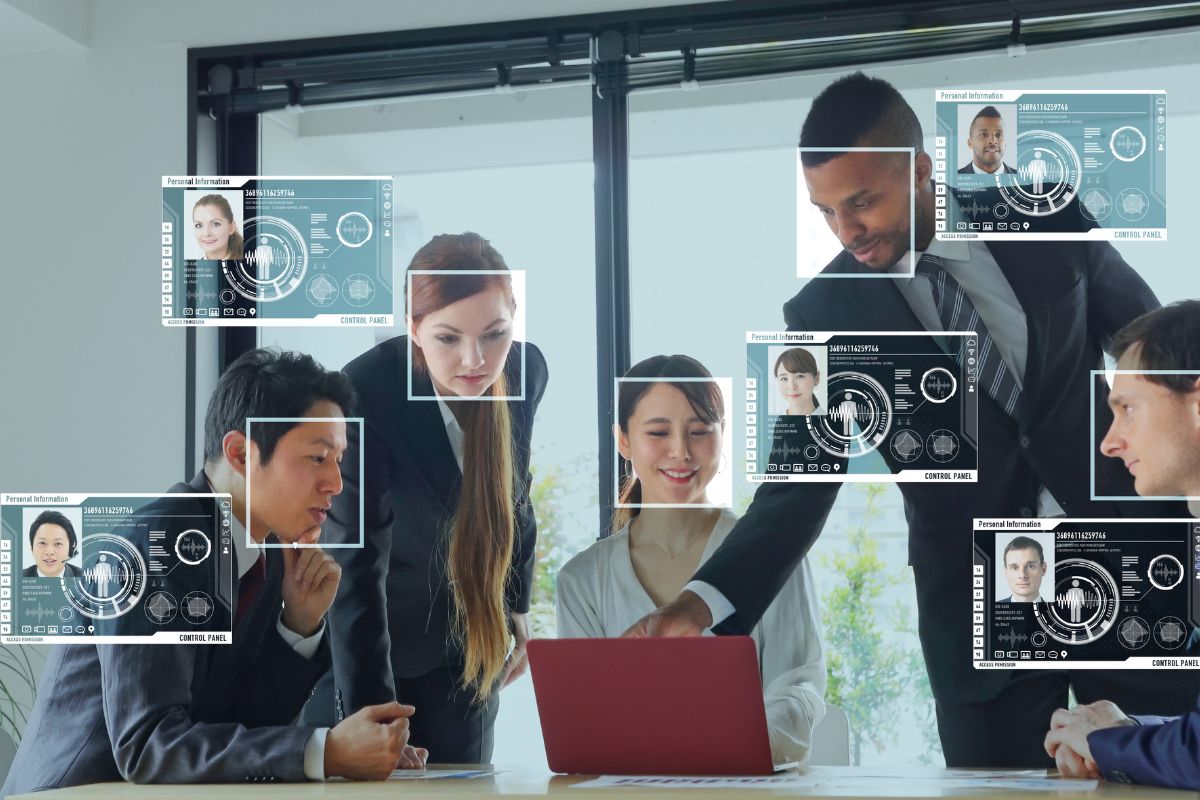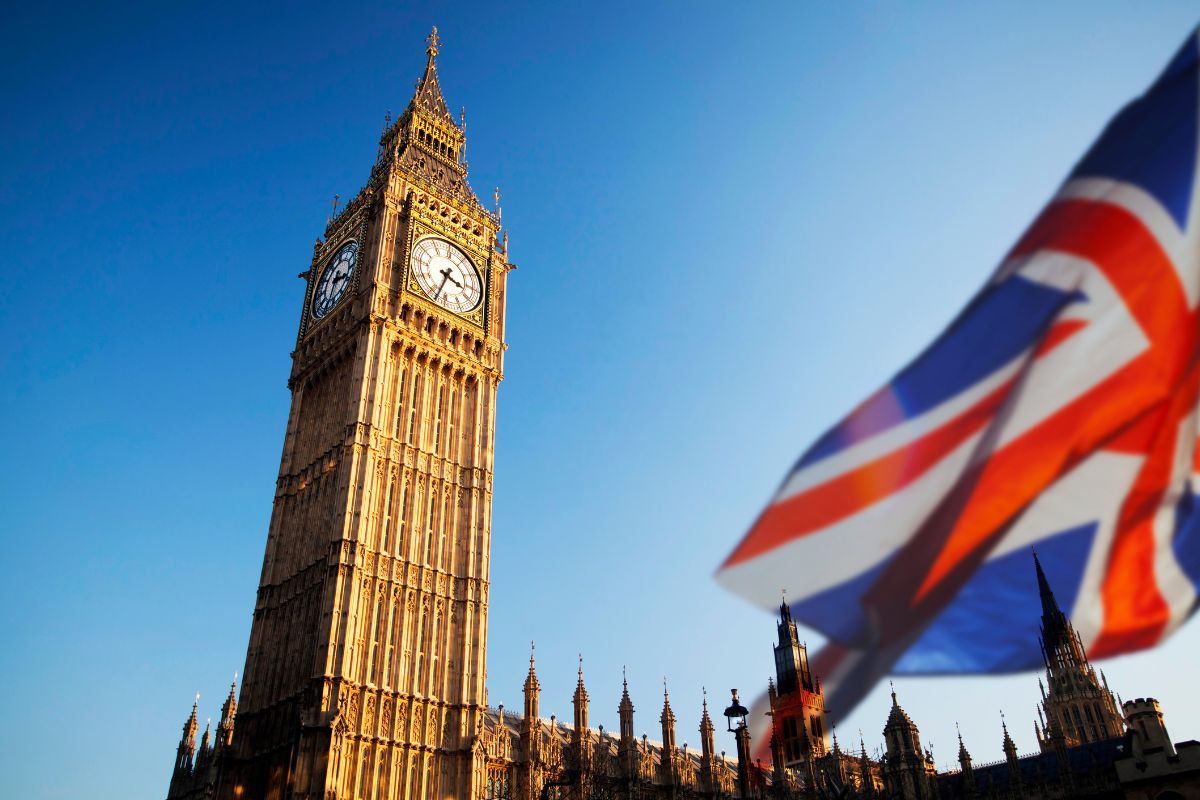The Ministry of Defence has called on tech companies to submit ideas for the expansion of its use.
The UK government is working on expanding the way it is using facial recognition technology in security agencies and police forces.
It is currently actively seeking input from companies for ideas to broaden the use of the tech.
The Ministry of Defence’s (MoD) Defence and Security Accelerator (DASA) is currently seeking to identify and fund facial recognition technology for the country’s security services, armed forces and police. As a major component of that effort, it has called on businesses to assist in finding “solutions that can help increase the use and effectiveness of facial recognition technologies within UK policing and security.”

This “market exploration” phase will continue through October 12. It is a strategy to come up with ideas that “could be deployed to benefit the Home Office and policing and within the next 18 months.”
This strategy for the deployment of new facial recognition uses has been heavily criticized.
Critics of this effort to broaden the use of the tech have called it “disturbing” and “unnecessary”, comparing it to the use of the technology in China and Russian, and calling it “Orwellian mass surveillance.”
That said, Chris Philp, policing minister, and Professor Paul Taylor, scientific adviser to the police chief, have both said that they “strongly support” expanding the use and purpose of the technology.
Across England and Wales, all 43 police forces “are an example of potential customers” for this type of tech, as are “other security agencies”, explained the call for ideas that was published on behalf of the UK Home Office.
The government is also looking into improving its retrospective facial recognition use. This method of employing the technology involves use by authorities “after an event to help establish who a person is or whether their image matches against other media held on image databases.”
That said, critics have called into question the use of live facial recognition in public places by police forces. This involves the use of cameras to scan public areas and analyze each person. Privacy concerns have been raised regarding this method as well as regarding the ways in which the data is stored and to whom access is granted.

